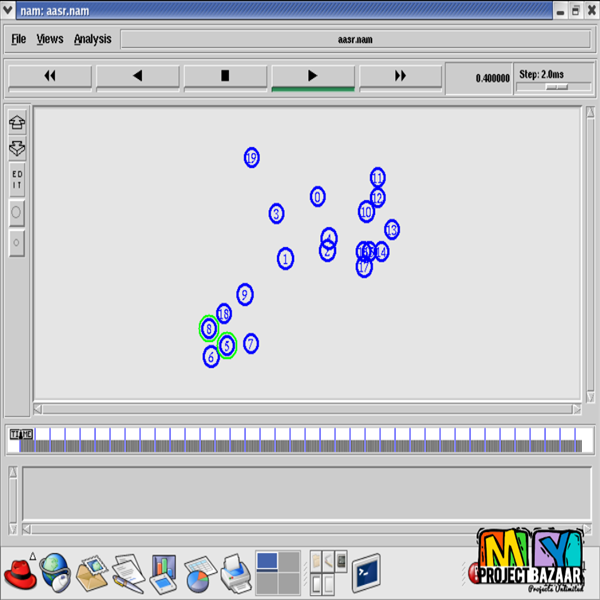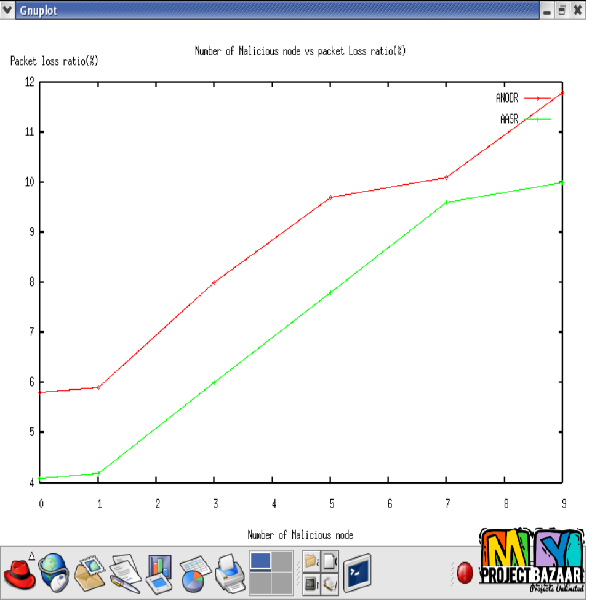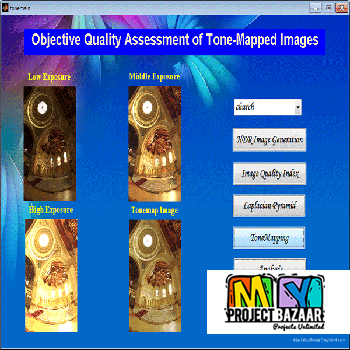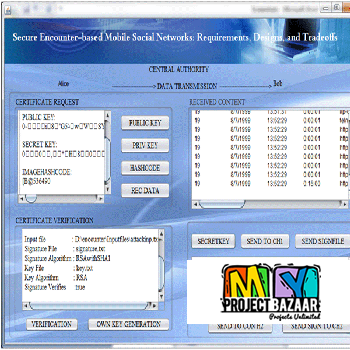
Delay Analysis of Multichannel Opportunistic Spectrum Access MAC Protocols
Product Description
Delay Analysis of Multichannel Opportunistic Spectrum Access MAC Protocols
Abstract—We provide a comprehensive delay and queueing analysis for two baseline medium access control protocols for multi-user cognitive radio networks with homogeneous users and channels and investigate the impact of different network < Final Year Projects 2016 > on the system performance. In addition to an accurate Markov chain, which follows the queue status of all users, several lower complexity queueing theory approximations are provided. Accuracy and performance of the proposed analytical approximations are verified with extensive simulations. It is observed that using an Aloha-type access to the control channel, a buffering MAC protocol, where in case of interruption the CR user waits for the primary user to vacate the channel before resuming the transmission, outperforms a switching MAC protocol, where the CR user vacates the channel in case of appearance of primary users and then compete again to gain access to a new channel. The reason is that the delay bottleneck for both protocols is the time required to successfully access the control channel, which occurs more frequently for the switching MAC protocol.
Including Packages
Our Specialization
Support Service
Statistical Report

satisfied customers
3,589
Freelance projects
983
sales on Site
11,021
developers
175+Additional Information
| Domains | |
|---|---|
| Programming Language |


















